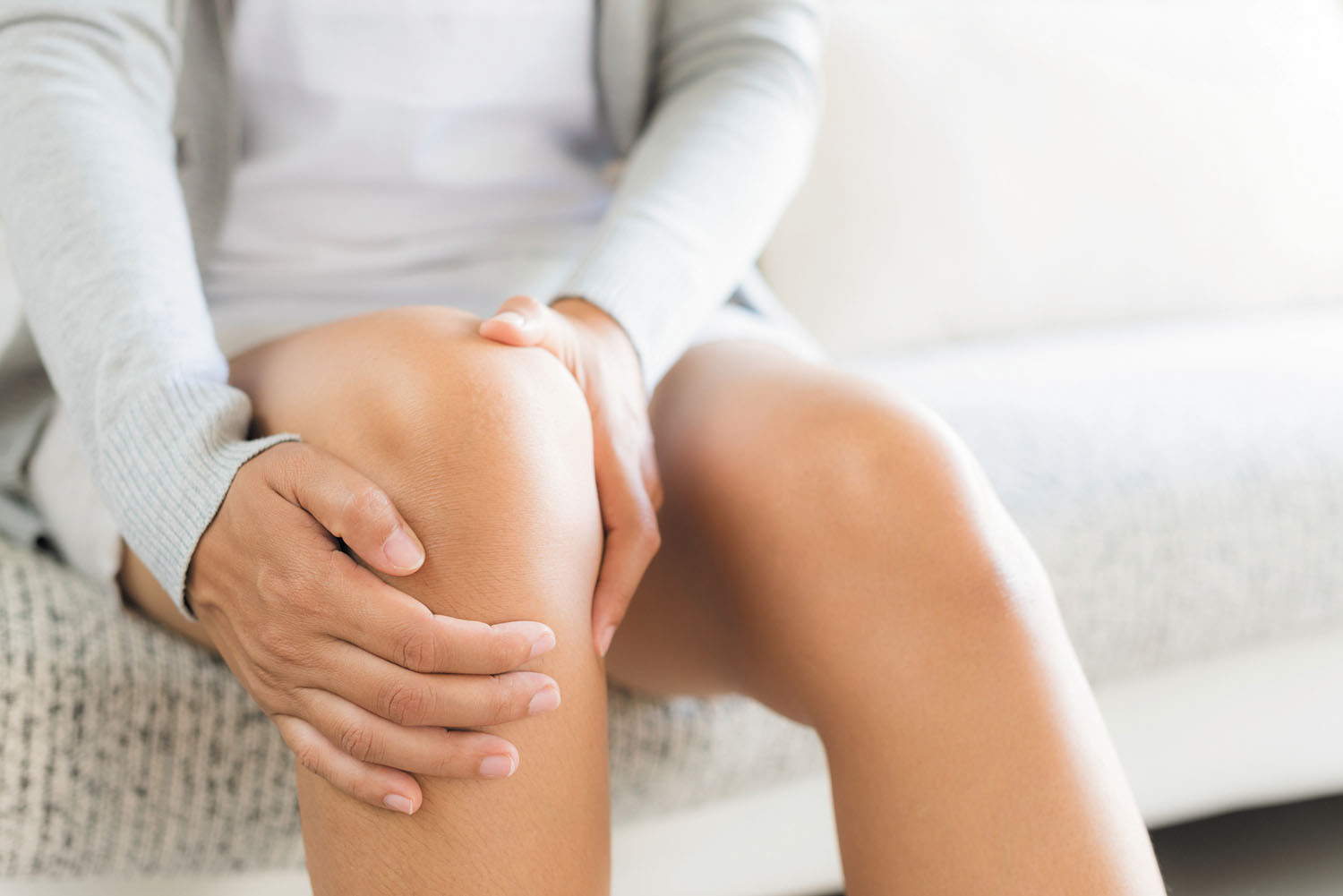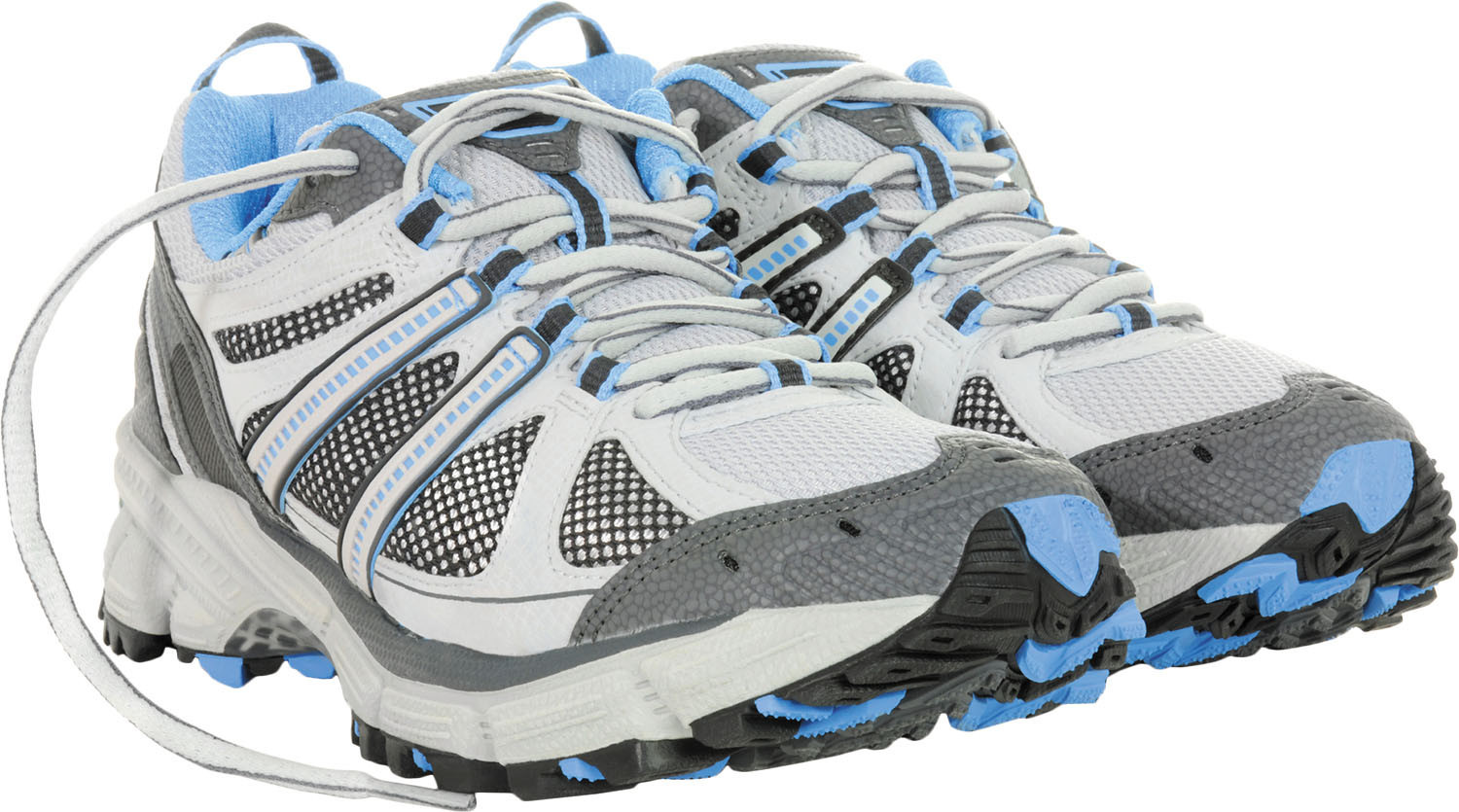
Trying to lose weight? Be careful not to lose muscle

Is your skin problem actually an autoimmune condition?

People with diabetes face higher risk of hearing loss

Antibiotic-free fixes for recurrent UTIs

Musculoskeletal syndrome of menopause: When menopause makes you ache all over

When can older women stop getting mammograms?

To lose weight, especially harmful belly fat, combine diet and exercise

Can men hold off on treating recurring prostate cancer?

The 7 types of rest and why we need them all

What are the early warning signs of cervical cancer?
Knees Archive
Articles
Can platelet-rich plasma injections heal your joints?
Platelet-rich plasma injections are used to reduce pain and speed healing for a number of common problems that affect the tendons, muscles, and joints, ranging from arthritis to shoulder pain. But a growing body of research shows that they may not be effective for some conditions, including knee osteoarthritis, ankle osteoarthritis, and Achilles tendinitis. There is some evidence that it may be effective for lateral epicondylitis (tennis elbow). People should consider whether there is a better option before undergoing PRP injections.
If you have knee pain, telehealth may help
Osteoarthritis (OA) is the number one cause of chronic knee pain, affecting nearly a quarter of people 40 or older. A recent study of people with overweight or obesity and OA showed that telehealth visits can be an effective way to provide care and may even help with weight loss, which can improve symptoms and prevent OA from worsening.
Vitamin D deficiency might affect recovery from knee surgery
The best types of exercise when you have hip or knee pain
Need physical therapy? 3 key questions your PT will ask
Study finds these shoes are better at keeping knee pain in check
News briefs
When you have knee pain, you just want it to go away so you can walk without having to limp or wince with every step. And a small, randomized trial published online Jan. 12, 2021, by Annals of Internal Medicine found that one type of shoe might be best for the job. Researchers took 164 people ages 50 or older with moderate or severe knee arthritis and randomly assigned half of the group to wear stable, supportive shoes with thick soles that didn't bend much. The other half was assigned flat shoes with thin, flexible soles, which are believed by some to provide a benefit by allowing more natural movement of the leg and foot. Both groups wore their assigned shoes for six hours per day and took part in activities such as walking during that time. After six months, 58% of people in the stable, supportive shoe group reported a reduction in knee pain while walking, compared with 40% of people reporting pain reduction after wearing the flat, flexible shoes. In both groups, the pain reduction probably was a benefit of regular walking. The people wearing flexible shoes were also twice as likely to develop ankle or foot pain, compared with those wearing sturdy shoes. So if you have knee pain, keep walking — in sturdy shoes.
Image: © chictype/Getty Images
Moving away from knee osteoarthritis
Men may avoid activity because of their knee pain, but movement is exactly what they need.
It is perhaps the ultimate exercise catch-22: it's hard to move with knee osteoarthritis, but moving helps relieve osteoarthritis knee pain.
More than 30 million Americans have osteoarthritis, the most common kind of arthritis. While osteoarthritis can affect the hips, lower back, neck, and fingers, it occurs most often in the knees. In fact, an estimated 10% of men ages 60 and older have symptoms of knee osteoarthritis.
Moving away from knee osteoarthritis
Men may avoid activity because of their knee pain, but movement is exactly what they need.
It is perhaps the ultimate exercise catch-22: it's hard to move with knee osteoarthritis, but moving helps relieve osteoarthritis knee pain.
More than 30 million Americans have osteoarthritis, the most common kind of arthritis. While osteoarthritis can affect the hips, lower back, neck, and fingers, it occurs most often in the knees. In fact, an estimated 10% of men ages 60 and older have symptoms of knee osteoarthritis.
Am I too young for a knee replacement?
Ask the doctors
Q. I'm in my early 50s and am considering a knee replacement for severe arthritis. I've heard that doctors typically encourage people to wait until after age 60 to perform this procedure. Should I wait to have the surgery?
A. Doctors do sometimes recommend that people under age 60 wait to undergo a knee replacement procedure, because these artificial joints typically last only about 15 to 20 years. If someone younger gets the procedure, it's likely that the joint will need to be replaced again down the line. That said, the decision to have a joint replacement really depends more on your individual circumstances, such as how much pain you have, whether the problem is causing you significant disability, and your overall health, not just how old you are. Some people can safely wait until they are 60 to undergo the procedure without a problem. For others, waiting too long to have the knee replaced might not be advised. For example, if the knee joint deteriorates too much, that may make the surgery to replace it more challenging. Over all, most people (80% to 90%) who do opt for a knee replacement are happy with the results of the procedure, but it's best to discuss the pros and cons with your doctor.

Trying to lose weight? Be careful not to lose muscle

Is your skin problem actually an autoimmune condition?

People with diabetes face higher risk of hearing loss

Antibiotic-free fixes for recurrent UTIs

Musculoskeletal syndrome of menopause: When menopause makes you ache all over

When can older women stop getting mammograms?

To lose weight, especially harmful belly fat, combine diet and exercise

Can men hold off on treating recurring prostate cancer?

The 7 types of rest and why we need them all

What are the early warning signs of cervical cancer?
Free Healthbeat Signup
Get the latest in health news delivered to your inbox!
Sign Up











